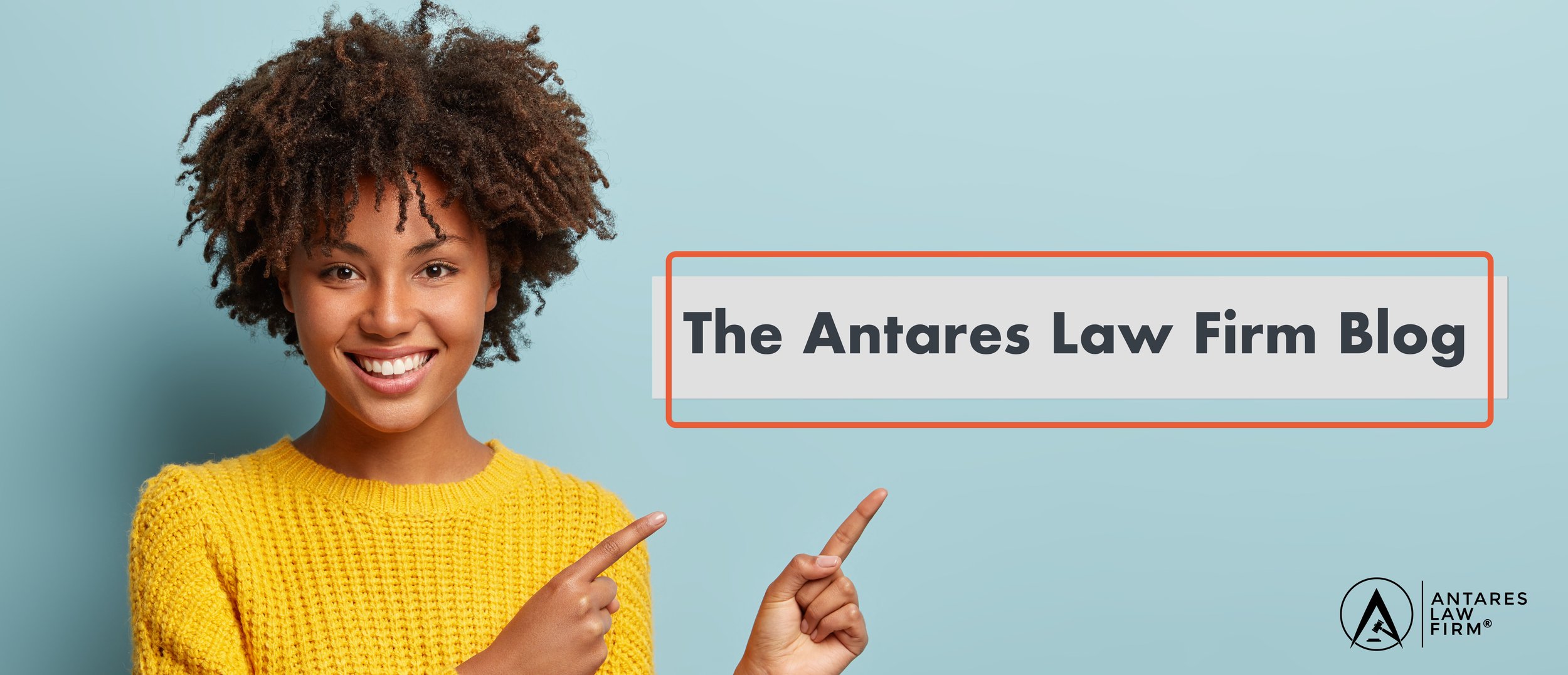Trademarks and the Fashion Industry
The global fashion and apparel market is massive. The latest apparel industry statistics suggest that the global size is expected at $1.7 trillion this year, a nearly 11% increase from 2021. It’s no surprise that the USPTO has encountered a surge in the number of trademark applications associated with products and services related to the fashion industry.
Why trademarks are important in Fashion
Consumers in the fashion industry are often brand-driven. Trademarks in fashion guide consumers in making buying decisions. Fashion related trademarks help consumers identify apparel as belonging to a particular fashion company. A trademark signals to consumers that the products they are purchasing have certain quality, style, and worth. For instance, when you purchase from Gucci or Burberry, there is an expectation that the products were produced by the company on the tag. Similarly casual fashion brands also take their branding seriously. When a consumer sees a tag from Forever 21 or SHEIN on apparel, she understands the source of those products.
Furthermore, owning a trademark in fashion, allows companies to create visual and visceral experiences. Buying an engagement ring from Tiffany or a pair of shoes from Christian Louboutin is an experience that can only be attained by purchasing a product with the associated trademark.
Companies in the fashion industry trademark more than their business name and logos. They trademark tag-lines, colors, and even prints—to name a few. Burberry's tartan pattern is one of the most widely recognized registered trademarks. When consumers see the tartan pattern on clothing, shoes, or bags, they immediately link the experience with Burberry and the lifestyle offered by the brand.
Fashion Industry and USPTO Trademark Applications
When a new apparel company is formed, it should file the necessary USPTO trademark applications, in many instances even before it begins to do business. This will protect the branding of the company prior to launch. Depending on the type of apparel a company intends to sell, one or more international classes or classifications of products or services may be applicable in the trademark application. You can read more about relevant international classes on the USPTO website. A trademark lawyer will help you understand what international classes are applicable and important to your brand, as well as help you prepare the application and see it to a successful registration.
The Big Fish Lawsuits
Larger apparel brands have attorneys monitor their intellectual property closely. When these large fashion brand attorneys find infringement, they do not shy away from sending cease and desist letters or initiating lawsuits. In 2012, Gucci sued Guess for having copied their famous green-red-green stripe combination as well as several versions of their logo. Gucci won the infringement case and was awarded damages amounting to $4.7 million, instead of the $221 million they originally sought. Guess was barred from using Gucci’s patented Quattro G pattern, the green and red stripe, and other square G marks on their products. After the lawsuit, Gucci started legal action against Guess in other countries, a battle that would last 9 years. The matter was settled out of court.
In 2021, New Balance sued Steve Madden for “deliberate knock-offs” of its sneaker. That case is still in court. As we enter the world of NFTs, lawsuits involving fashion brands become increasingly complicated. I will reserve discussing trademarks, fashion, and NFTs for a future blog. While you may hear news of legal battles between large fashion brands, larger brands will also pursue proceedings or lawsuits against small, newly formed companies to protect their branding. In 2020, Spanish fashion giant Zara sued a one-woman clothing company named House of Zana. Zara demanded that the woman rename her business and remove existing branding. This case is still on-going.
Consideration
If you are creating or currently run an apparel brand without the appropriate trademark registration, you are risking the future health of your brand. We encourage you to protect the resources you have invested thus far in marketing and developing products. Not to mention, a trademark lawyer can help you ensure that your idea does not infringe on another company’s intellectual property before you form your company. This will save you money, stress, and time as you birth and grow your idea and branding.
If you are unsure how to proceed with protecting your apparel company’s intellectual property, schedule a consultation with the Antares Law Firm today.
—Laila Ghauri, Esq., Principal Attorney, Antares Law Firm




